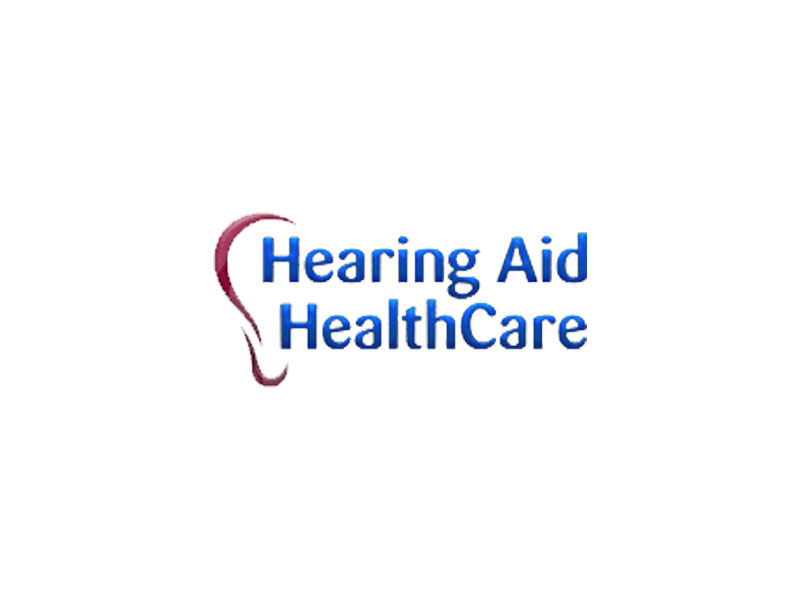There are a variety of good reasons why Central Auditory Processing Disorder, abbreviated CAPD, is challenging to diagnose correctly. The problem is not because the child cannot hear words and phrases being directed at them, but because their brains lack the ability to process and interpret the words and understand their meaning, which means that conventional hearing tests do not always catch CAPD. Second, kids with CAPD tend to acquire coping mechanisms that conceal their predicament, for example reading speakers' lips or observing their expressions to obtain clues to help them comprehend what is being said.
These particular characteristics of Central Auditory Processing Disorder also make treatments for the disorder tricky, because anyone working to improve the child's ability to understand speech must continuously keep them in mind and develop ways to work around them. Regrettably there is no known cure or therapy for CAPD which works consistently across all kids. Every treatment plan is highly personalized and fine-tuned based on the childs' capabilities. But there are therapy approaches that seem to work, which can significantly improve the future prognosis of children with CAPD.
There are three major categories of CAPD treatments – direct treatment, environmental change and compensatory strategies.
Environmental Change – Because ambient noise drastically hinders an individual with CAPD's ability to process speech, decreasing the amount of environmental noise by way of soundproofing, such as curtains, wall hangings and acoustic tiles, can help. Another strategy is amplifying the voice of the teacher in a classroom. The teacher wears a microphone and the CAPD student wears a small receiver. This pairing makes the instructor's voice more distinct from other voices and sounds.Even better lighting provides benefits, because expressions and lips are easier to read on fully-lit faces than on dimly lit faces.
Direct Treatment – Direct treatment refers to the use of computer-assisted learning and one-on-one sessions to capitalize on the brain's inherent plasticity, its capacity to reinvent itself, and develop new ways of thinking and processing. These kinds of techniques include the use of the "Fast ForWord" software from Scientific Education or Hasbro's "Simon" game to improve students' ability to order, discriminate between, and process the auditory inputs they hear. Some direct Central Auditory Processing Disorder therapy uses dichotic training which trains the brain on hearing multiple sounds in different ears and analyzing the blended inputs correctly. The "Earobics" program by Houghton Mifflin Harcourt, is also used by some professionals to develop phonological awareness.
Compensatory Strategies – Strategies that focus on helping the CAPD learners to strengthen their language, attention, problem-solving and memory skills are generally known as compensatory strategies. The focus of the compensatory strategies is to train skills that on the whole improve learning and academic success while also teaching CAPD students to be accountable for their own learning. Practice sessions designed to enhance these sorts of skills generally contain solving word problems or active listening exercises.
The good thing is that there are therapy options for children with Central Auditory Processing Disorder. However, early and accurate diagnosis is vital to the long-term success of many of these methods. If you have additional questions about CAPD diagnosis and therapy choices, don't hesitate to ask us. If our wonderful staff can't help you we can help refer you to the top area specialists.
